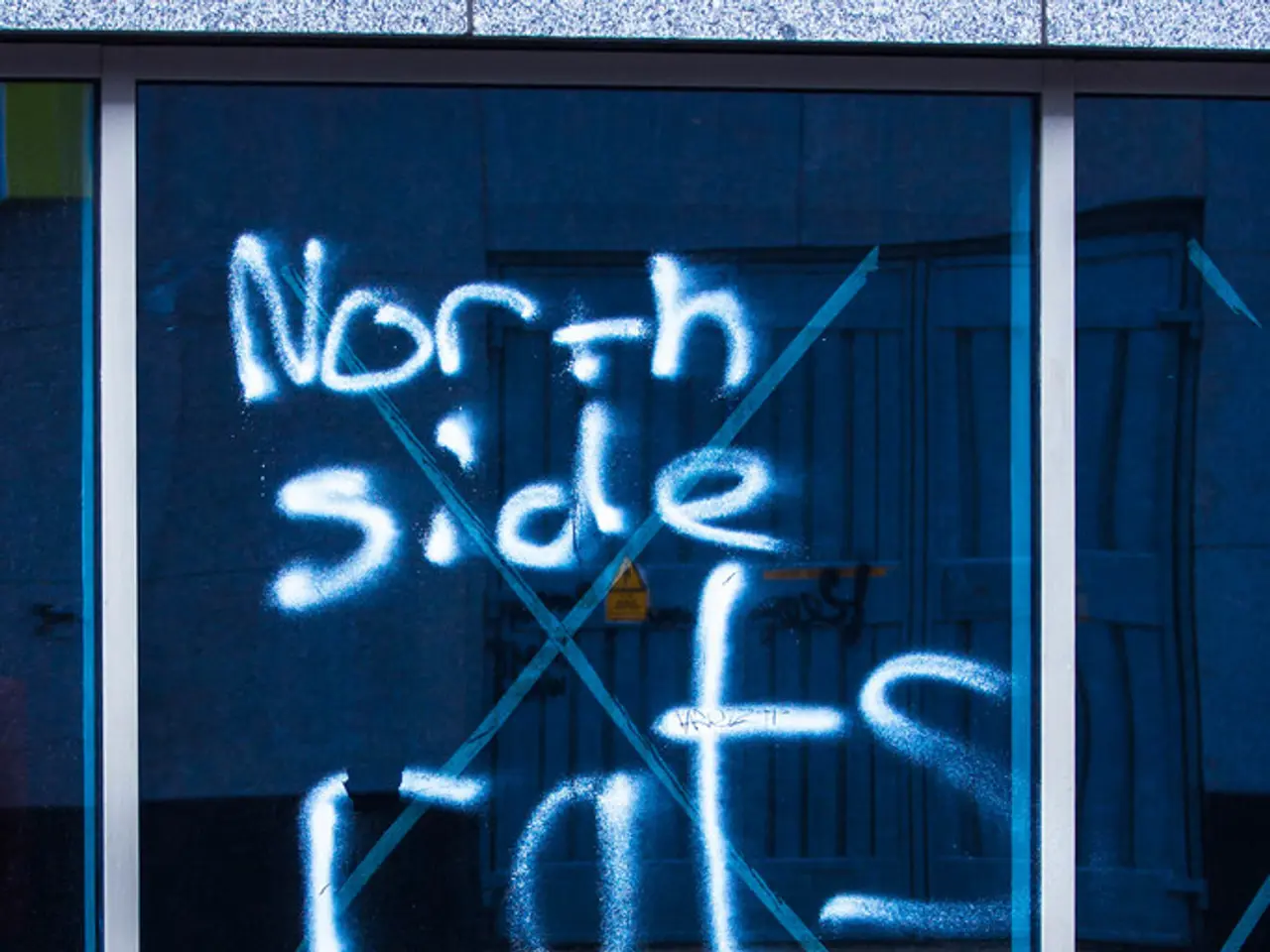Poland denies entry to 24 individuals at the border shared with Germany
Poland has been enforcing stricter border controls since July 7, 2025, following a significant surge in irregular migration attempts, particularly at its frontiers with Germany and Lithuania [1][2][5]. This move is part of a temporary but targeted effort to curb unauthorized migration and address political pressure at home.
In the first week of controls, approximately 67,000 people and over 28,500 vehicles were checked at the German-Polish border, resulting in around 1,300 rejections. One in every ten cases involved an asylum request [2]. Over 4,600 unauthorized entries into Germany from Poland were recorded in the first half of 2025 [1].
At the Lithuanian border, around 412 people were detained by late June 2025, nearly matching the total detentions for all of 2023 [1]. Ukrainian nationals accounted for 40% of those attempting to cross into Germany from Poland; others included people from Afghanistan, Somalia, Syria, Georgia, and Colombia [1].
The controls are expected to remain in place until at least September, with possible extensions [1][5]. Poland's action is a response to Germany’s policy of returning migrants who entered Germany from Poland, under the EU’s rules for processing asylum seekers [1][4].
The increasing use and duration of internal border controls within the Schengen zone undermines the principles of free movement, straining economic integration and travel predictability [3][4]. Businesses and travelers face increased uncertainty and delays, and border communities are affected by heightened security and logistical disruptions [3].
The reintroduction of controls is seen as politically motivated, with both Polish and German leaders seeking to placate populist sentiments [4][5]. The measures have also emboldened right-wing citizen patrols at borders, increasing tensions and raising concerns over vigilantism [2].
Despite the intensified controls, there have been no major impacts on traffic in Lithuania, according to recent reports [6]. This is in contrast to the Polish-German border, where hour-long backups have been reported [6].
In conclusion, the ongoing border controls in Poland serve as a reminder of the complex interplay between migration management, domestic politics, and the integrity of the Schengen area [1][3][4]. The situation will continue to be monitored closely as the controls are expected to remain in place for the foreseeable future.
References: [1] BBC News, "Poland tightens border controls amid migration surge," July 8, 2025. [2] Reuters, "Poland tightens border checks to curb migration," July 8, 2025. [3] The Economist, "Poland's border controls test the Schengen zone," July 15, 2025. [4] The Guardian, "Poland's border controls: a political gamble with consequences," July 16, 2025. [5] Deutsche Welle, "Poland tightens border controls to curb migration," July 8, 2025. [6] PAP, "No major impacts of Polish border controls in Lithuania," July 17, 2025.
Community policy and employment policy may need to address the implications of Poland's border controls on businesses and travelers within the Schengen zone, considering the increased uncertainty and delays they face. In the realm of general-news and crime-and-justice, the political motivations behind these border controls and their impact on domestic politics, as well as the potential rise of vigilantism, are pertinent issues to consider in this matter.






